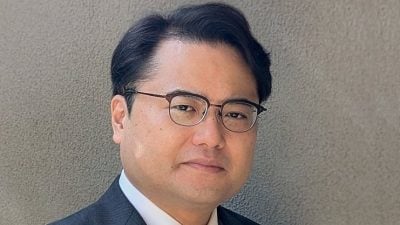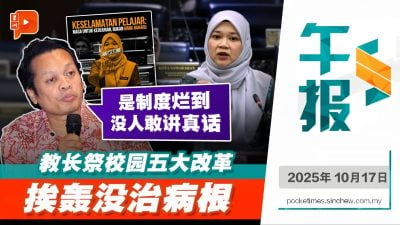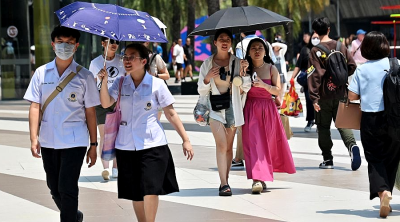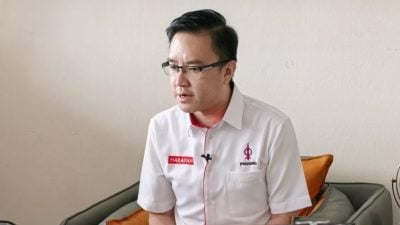
BEIJING: Just before Ms Paetongtarn Shinawatra went to Beijing for her first China visit as Thailand’s prime minister on Feb 5, her government took a drastic step to tackle scam centres in neighbouring Myanmar.
Bangkok cut the power it supplied to border regions there, where such illicit activities have thrived. The issue received national attention in China after a Chinese actor was abducted in Thailand and taken to Myanmar in January.
A day earlier, on Feb 4, the Thai Cabinet approved the second phase of the delayed Thailand-China high-speed railway, from Nakhon Ratchasima to Nong Khai in north-eastern Thailand, meant to link to Yunnan province in China via Laos.
Such high-profile moves to tackle issues of concern ahead of Ms Paetongtarn’s meeting with Chinese President Xi Jinping did not go unnoticed, as Thailand seeks to bolster ties with China. Both sides mark 50 years of diplomatic relations in 2025.
During their meeting at the Great Hall of the People in Beijing on Feb 6, Mr Xi said: “China appreciates Thailand’s strong measures to combat online gambling and electronic fraud.”
He added that China is willing to work with Thailand to implement flagship projects such as the China-Thailand railway, and promote China-Laos-Thailand connectivity “to achieve more results at an early date”.
Ms Paetongtarn told Mr Xi that Thailand looks forward to strengthening top-level exchanges and working more closely in areas such as connectivity, economy, trade and agriculture. It will also work with China and neighbouring countries to strengthen law enforcement, said a Chinese statement of the meeting.
The move by Thailand to cut off electricity to parts of Myanmar that are known as havens for criminal syndicates is expected to lead to a loss of 600 million baht (S$24 million) a year in revenue.
The scourge of scam syndicates came under the spotlight in China recently.
On Jan 3, Chinese TV actor Wang Xing went missing at the Thai-Myanmar border after travelling there for a supposed film role. He was rescued from a fraud farm on Jan 7.
The incident led to Chinese travellers cancelling trips to Thailand over the Chinese New Year period. Hong Kong singer Eason Chan axed a February concert in Thailand over safety concerns for travelling fans.
Ms Sharon Seah, coordinator at the Asean Studies Centre at the ISEAS – Yusof Ishak Institute in Singapore, said China is concerned about scam centres, as its citizens are both involved in running these syndicates and also victims.
She said the Xi-Paetongtarn meeting could result in joint outreach from the two countries to secure cooperation from the Burmese ethnic armed organisations and people’s defence forces in Myanmar who have effective control over border towns, sidestepping the junta, whose grip on power has weakened.
Even with the issue of scam centres clouding bilateral relations, analysts expect economic ties to remain robust. China has been Thailand’s biggest trading partner and largest foreign investor for the last decade.
On Feb 6, Ms Paetongtarn and Chinese Premier Li Qiang witnessed the signing of 14 agreements, including cooperation in the areas of fish product exports, artificial intelligence and nuclear technology.
Thailand is also South-east Asia’s largest electric vehicle (EV) market, which is largely dominated by Chinese brands. Top Chinese EV maker BYD opened its first South-east Asian factory in Thailand in 2024.
ADVERTISEMENT
ADVERTISEMENT








































